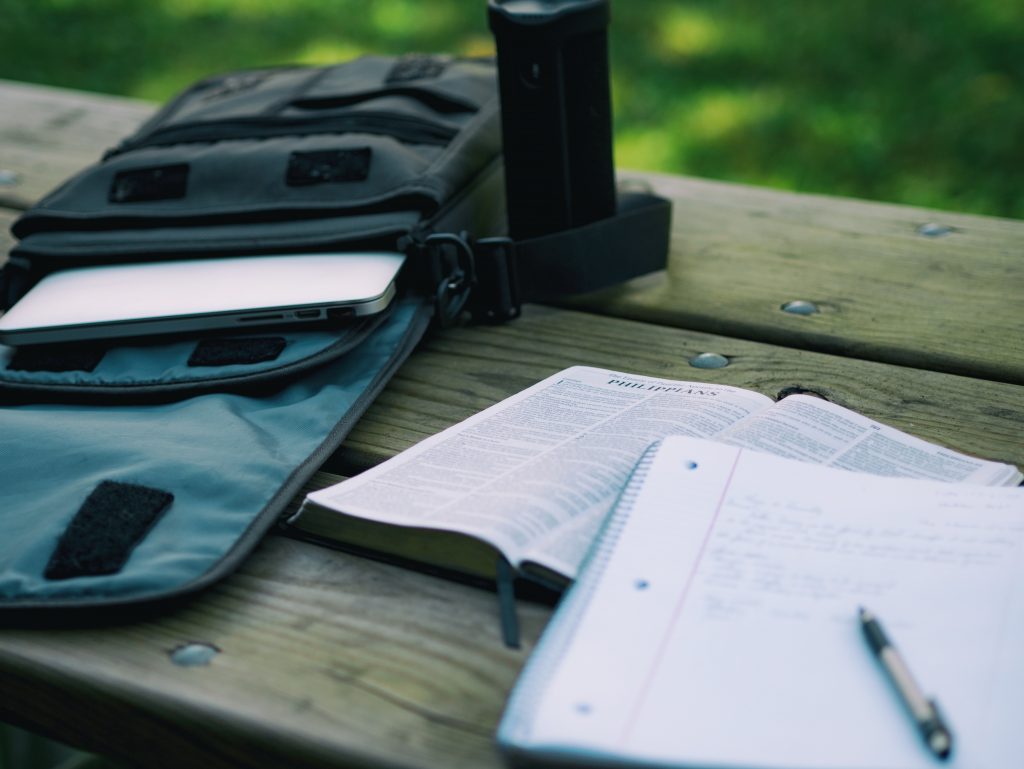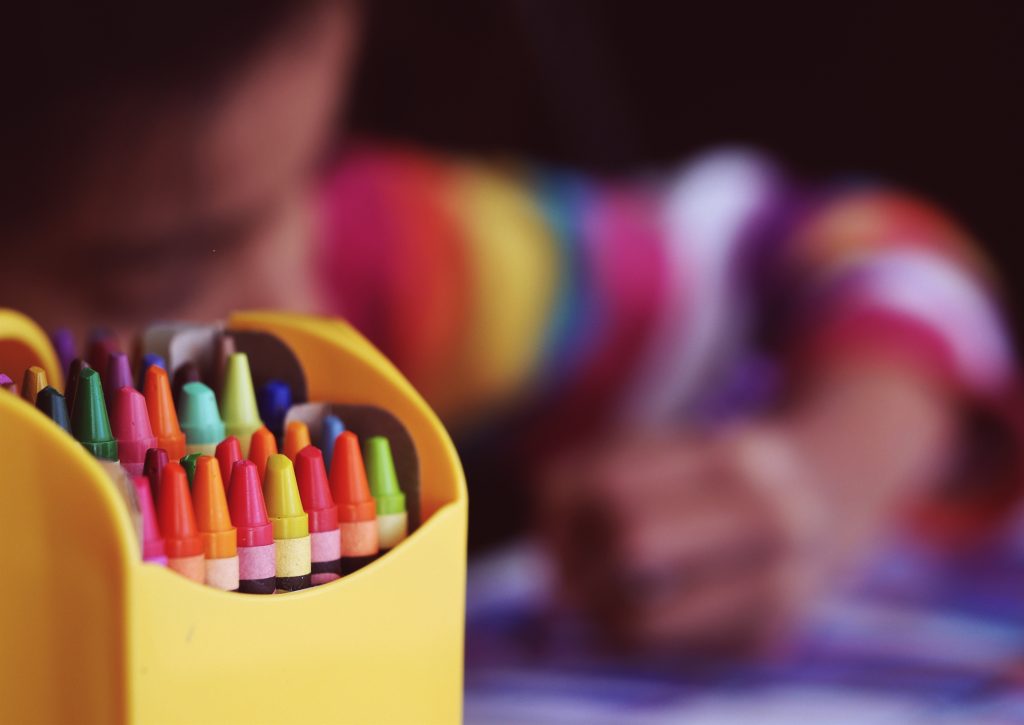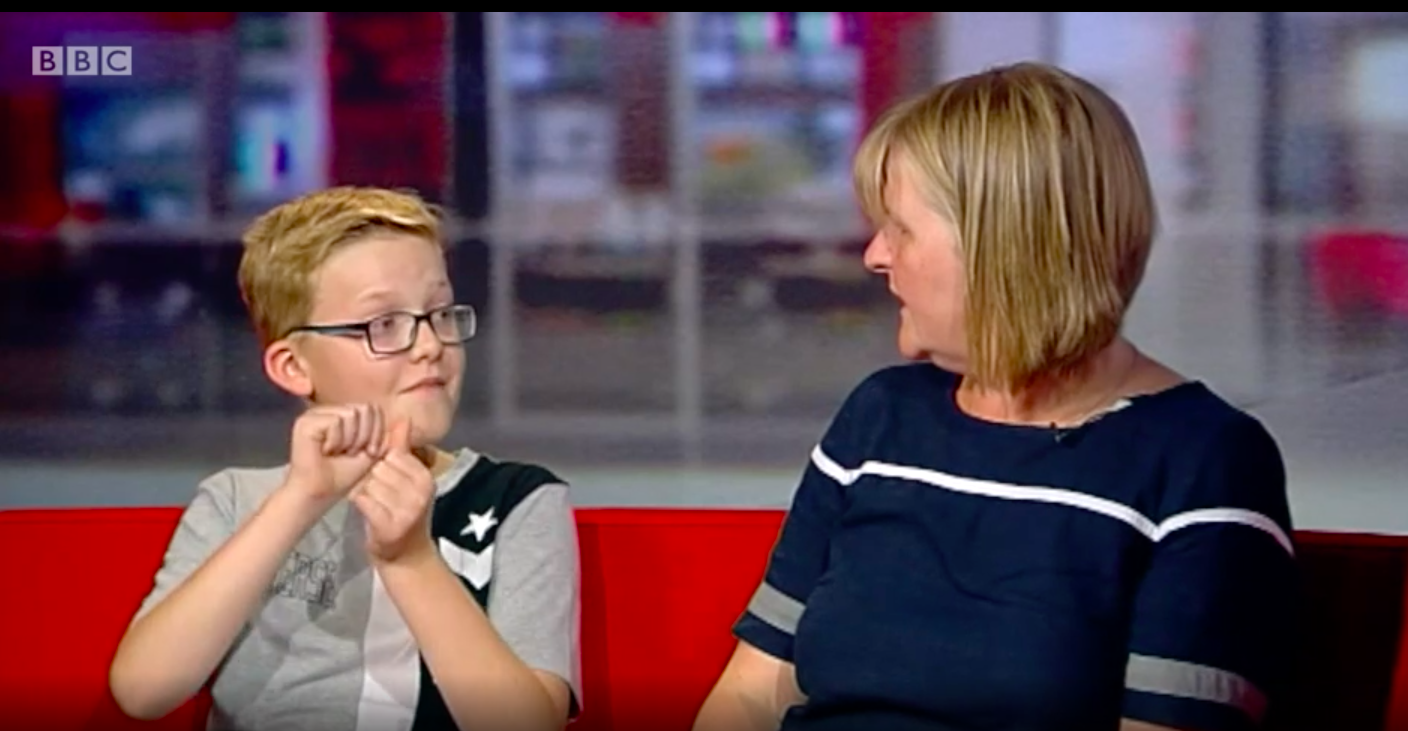The government says it is backing plans to introduce a British Sign Language GCSE after a 12-year-old boy’s campaign.
Daniel Jillings, 12, who experiences hearing difficulties, is campaigning for a British Sign Language GCSE to be introduced in schools across the UK.
“Same Opportunities As Other Pupils”
This deaf 12-year-old has been campaigning for British Sign Language to be made a GCSE in time for his exams.
Today his wish is one step closer to coming true, as the government said they may be able to introduce it in time. | @NDCS_UK pic.twitter.com/PUocI1IdR0
— 5News (@5_News) August 2, 2018
The student, who lives in Suffolk, hopes to have the GCSE introduced by the time he sits the examinations.
“My name is Daniel, and I feel that it’s time for British Sign Language to be recognised as a language GCSE, just like Welsh, Chinese, French and German, and all the other languages. ” the campaigner told 5News.
“Hearing children and deaf children, they’re not treated the same, and it’s not really fair. I want equality because deaf children, their future could be so much better,” he added.
“All we want is for Daniel and other deaf children across the country to be given the same opportunities as other pupils,” said Daniel’s mother Ann Jillings to The BBC.
Why Is There A Hold Up?
 Unsplash
Unsplash
The Conservative Party has insisted in the past that no new GCSEs will be introduced in this government.
However, after a petition to introduce BSL as GCSE attracted 35,203 signatures, MPs debated the introduction in March, acknowledging that more needed to be done to include and represent deaf children in the curriculum.
And it appears that Daniel’s own Crowdjustice campaign to present a legal challenge to the government has been the final push in the government taking action.
“A Huge Number Of Steps”
 Unsplash
Unsplash
School Standards Minister Nick Gibb: “We value British Sign Language, however a huge number of steps would have to be gone through for the BSL qualification to be accredited as a GCSE.
“We will consider any proposals put forward for a GCSE in British Sign Language. As we have made clear previously, any new GCSE would need to meet the rigorous standards set by both the Department and Ofqual.
“If these expectations are met and a BSL GCSE is ready to be introduced, we will then consider whether to make an exception to our general rule that there should be no new GCSEs in this parliament.”
Steve Haines, director of policy and campaigns at the National Deaf Children’s Society (NDCS), told The Independent: “By no longer blocking the introduction of a GCSE in British Sign Language in this Parliament, the government is sending a powerful signal to deaf children everywhere.”
But he added: “This campaign isn’t over yet though.The Department for Education and the exam regulator Ofqual must to do everything they can to work with exam bodies to develop this GCSE as soon as possible.
“For Daniel Jillings, and for so many of the 45,000 deaf children across the country who want to study a GCSE in British Sign Language, we need a proactive, positive attitude from the government. Anything less is complete dereliction of duty.”
Alex Rook, a public law expert at Irwin Mitchell, who represents Daniel’s family, said: “We are delighted that the government has backed down from its original position as, at present, the lack of a BSL GCSE is having a major and unnecessary impact on thousands of children each year.”
“This announcement is a major turning point and hopefully paves the way so children such as Daniel have access to the education they deserve.”







